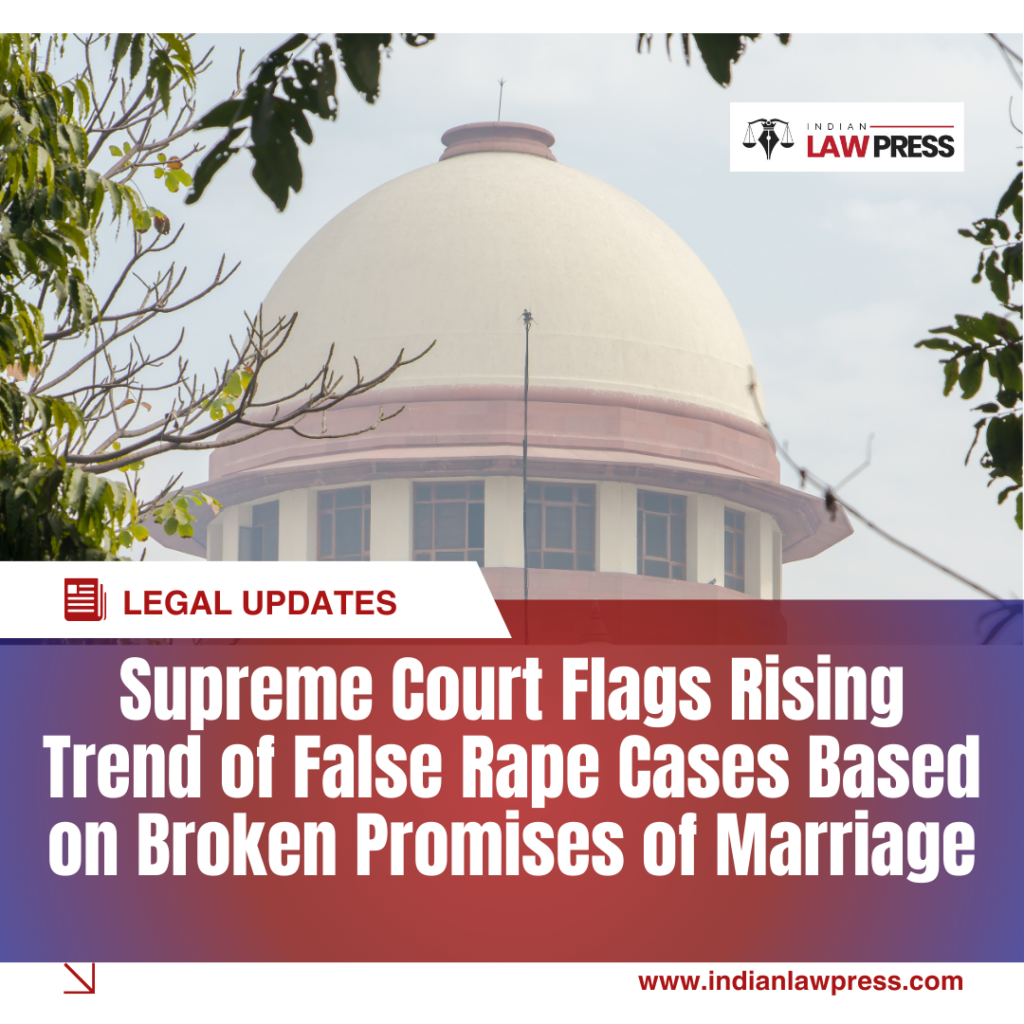The Supreme Court of India has raised serious concern over 8.8 lakh pending execution petitions nationwide, calling the delay a “travesty of justice.” Learn about the Court’s observations, state-wise data, and the implications for judicial reform.
Introduction
In a recent development, the Supreme Court of India expressed serious concern over the large number of pending execution petitions across the country. Despite its earlier directions for speedy disposal, more than 8.8 lakh execution cases are still awaiting resolution, highlighting a deep-rooted challenge in the Indian judicial system.
What Are Execution Petitions?
An execution petition is a legal request filed by a decree-holder (the winning party in a case) to enforce a court’s judgment. In simple terms, it ensures that the judgment passed by a court is actually implemented — whether it’s the recovery of money, possession of property, or enforcement of a decree.
However, when execution petitions remain pending for years, the victory in court becomes meaningless, leading to what the Supreme Court calls a “travesty of justice.”
Supreme Court’s Observation
A Bench comprising Justice JB Pardiwala and Justice Pankaj Mithal noted that although around 3.38 lakh petitions were disposed of since March 2025, the backlog is still “alarming.”
The Court remarked:
“After the decree is passed, if it is going to take years and years to execute the decree, then it makes no sense and would be nothing short of travesty of justice.”
The Supreme Court’s order, dated October 16, 2025, underlined that justice delayed at the stage of execution effectively denies justice to the decree-holder.
State-Wise Pendency of Execution Petitions
According to the consolidated reports submitted before the Court:
| State/UT | Pending Execution Petitions |
| Maharashtra | 3.4 lakh+ |
| Tamil Nadu | 86,000+ |
| Kerala | 83,000+ |
| Andhra Pradesh | 68,000+ |
| Uttar Pradesh | 27,000+ |
| Total (India) | 8,82,578 |
The Maharashtra judiciary leads with the highest number of pending petitions, followed by Tamil Nadu and Kerala. The Court expressed strong disapproval of these figures, calling them “highly disappointing.”
Non-Compliance by Karnataka High Court
The Supreme Court also noted that the Karnataka High Court failed to furnish its data despite earlier directions. The Bench directed the Registrar General of the Karnataka High Court to file an explanation within two weeks, emphasizing that such non-compliance “cannot be ignored.”
Six-Month Extension for Compliance
The Court granted an additional six months to all High Courts to:
- Monitor execution proceedings at the district judiciary level.
- Evolve mechanisms for faster enforcement of decrees.
- Submit updated compliance reports by April 10, 2026.
The Bench made it clear that unless courts ensure quick execution of decrees, faith in the justice system would continue to erode.
Legal Significance for Law Students
This case is a critical study point for law aspirants and students of judicial administration. It emphasizes:
- The importance of execution proceedings in ensuring justice.
- The responsibility of High Courts to monitor subordinate courts.
- The link between delay in execution and denial of justice.
It also demonstrates how the Supreme Court plays a supervisory role in maintaining judicial efficiency and accountability.
Conclusion
The Supreme Court’s observations serve as a strong reminder that a judgment without timely execution defeats the very purpose of justice. With over 8.8 lakh pending petitions, the judiciary must prioritize systemic reforms to ensure that decree-holders can truly realize their rights without years of waiting.
Supreme Court Clarifies: Mere Presence at Crime Scene Doesn’t Make You Part of Unlawful Assembly





